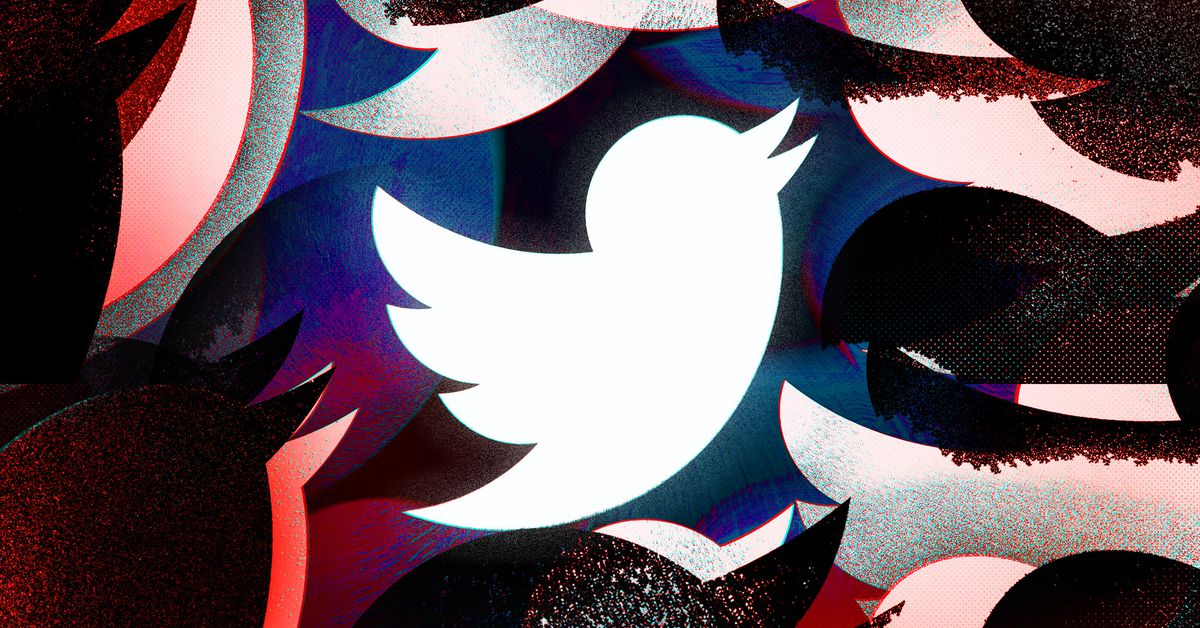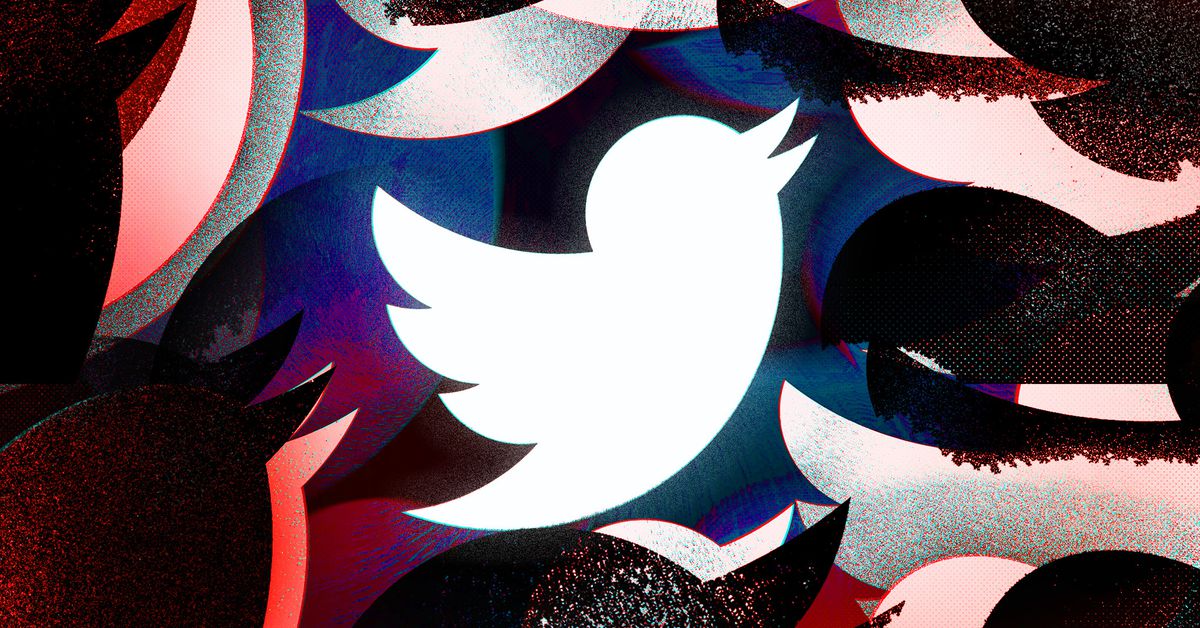
Twitter launched its new subscription product, Twitter Blue, in the US this week — it’s a $2.99 per month service that promises to make Twitter “more customizable, more frictionless, and simply put — better.”
Let’s start just by looking at what’s actually included in a Twitter Blue subscription.
- Ad-Free Articles (a take on Scroll, for articles you click through on Twitter)
- Top Articles (a take on Nuzzel, for articles discussed on Twitter)
- Themes
- Bookmark folders
- Customizable navigation
- An “undo button” for Tweets
- A “Reader” mode for reading threads
- Twitter Blue Labs for early access features, including longer videos and pinned DMs
Looking at that list, there are two different categories of things here: features that enhance or support journalism and news in some fashion (which are, broadly speaking, good) and features that make the Twitter app better or otherwise easier to use, which I have more of an issue with.
It doesn’t take much time using Twitter to realize that the ability to quickly fix a typo would be a nice thing to have. Or that the company should do something to fix threaded conversations, which have become such a mess that there’s actually enough demand for a third-party service, Thread Reader, specifically to try and wrangle the chaos.
But instead of just fixing the obvious problems with its product, Twitter Blue takes features like the undo button for tweets, the reader mode for threads, or the ability to edit the navigation bar — basic improvements that would improve Twitter’s usability for everyone — and limits them only to those willing to pay for them.
Like Twitter’s blog post says, the goal of Blue is to make Twitter “more frictionless” and “better.” But by limiting these changes to customers who are willing to shell out the $2.99 per month, Twitter is choosing to leave its product actively worse for the bulk of its users in an effort to try and squeeze extra cash out of the far smaller percentage of customers willing to pay.
Twitter has effectively spent years leaving much of its platform to stagnate, with inexplicable changes like changing the like button to a heart, pivots to Instagram-chasing “Fleets,” and a controversial Tweetdeck beta. And now that the company does have things that customers have been begging for for years (even if the undo button still isn’t the edit button that everyone’s been clamoring for), it’s charging users for the privilege.
Fixing Twitter’s terrible-to-follow threads should be free, not $36 a year
Put another way, fixing Twitter’s terrible-to-follow threads should be the default, not something that requires spending $36 a year.
The Scroll and Nuzzel-style features (Ad-Free Articles and Top Articles) make more sense to me. The idea here of subsidizing and supporting ad-free journalism with subscription payments is a good one, just like it was when Scroll first launched a few years back.
Scroll’s reliance on cookies (and the tech industry’s general move away from them) meant that it was probably inevitable that it would have had to shift to a different model sooner or later. And given the prevalence of Twitter as a news source for millions of people, it’s probably not the worst fit for a successor to the service. Building Nuzzel’s Top Articles into Twitter — where a lot of those conversations happen anyway — makes a lot of sense, too. I’m not wholly on board with the fact that these services are now walled into Twitter’s app exclusively, but that’s the cost of doing business in a world of service acquisitions.
But the bulk of Twitter Blue’s features just feel weird to me. Watching Twitter ask users to pony up for extra quality of life changes, as though the company couldn’t take the time or expense to support an undo button without the extra fees, comes off as disingenuous to me in the same sort of way that Disney starting a Patreon to fund a Marvel show or Apple launching a Kickstarter would be.
It’s still very much early days for Twitter Blue, so there’s a lot of time for Twitter to improve the service, roll out more functionality, and expand what’s included in its subscription. But for now, Twitter Blue feels weirdly caught between its news ambitions and a frustrating cash grab.
